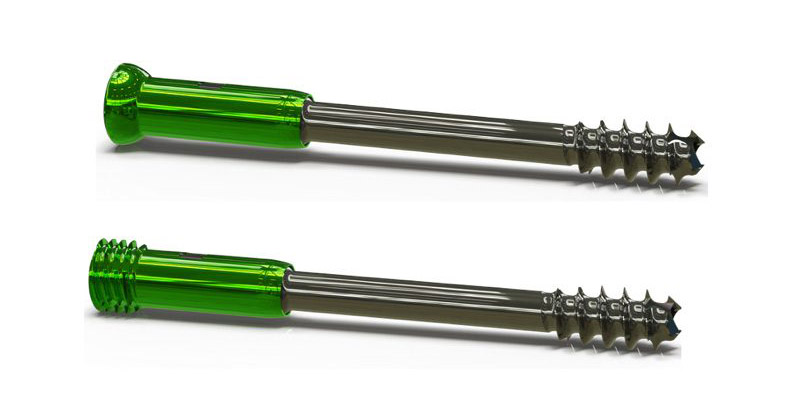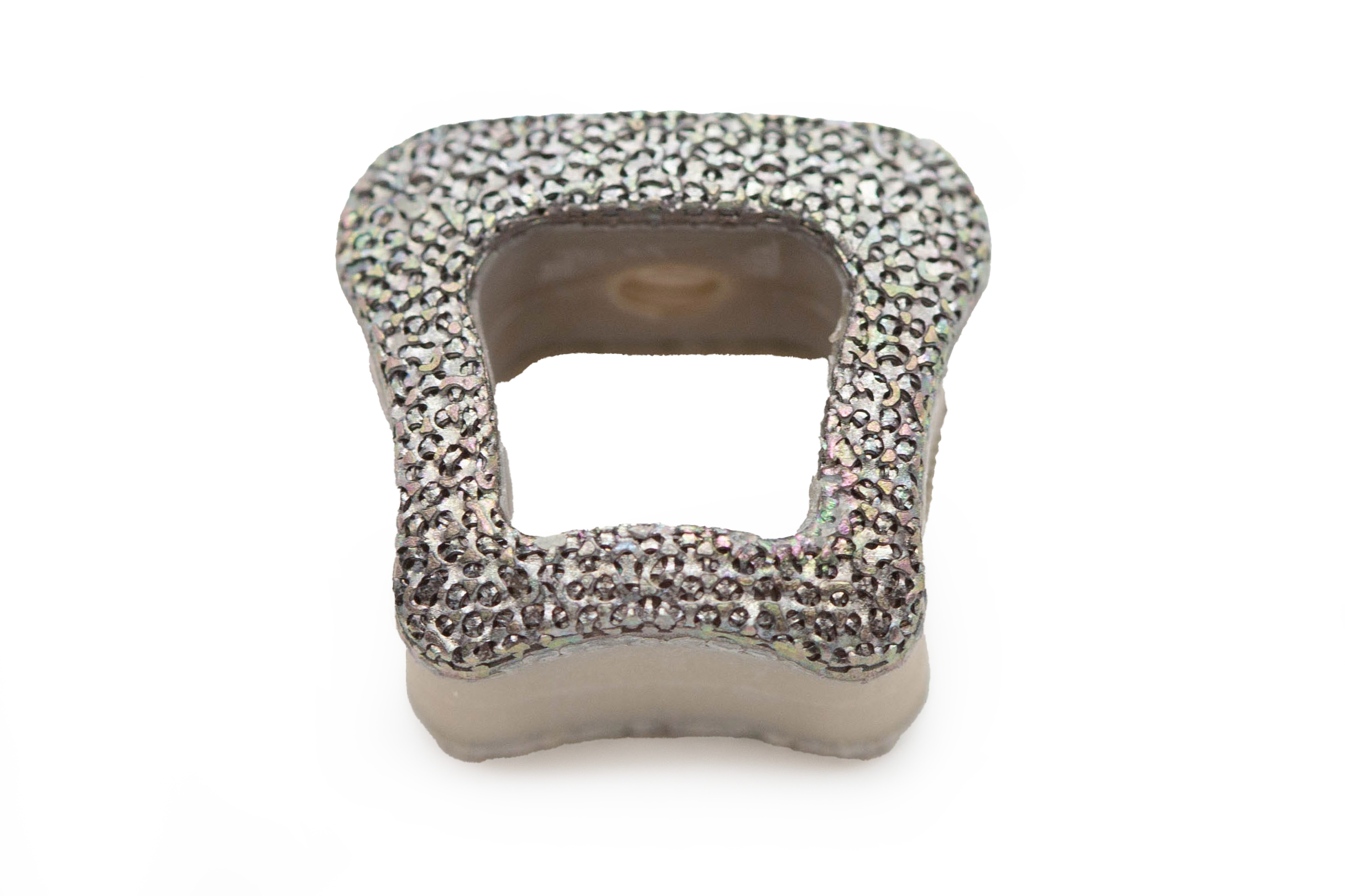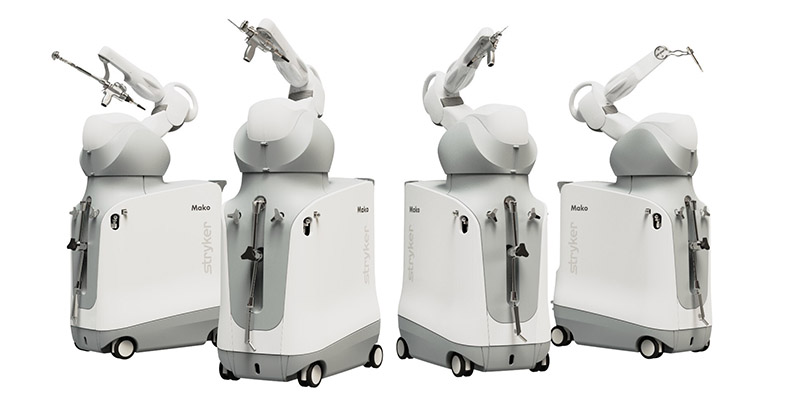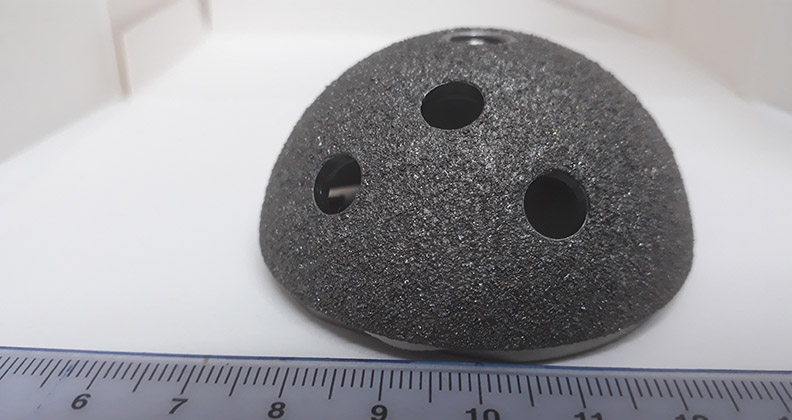
The digital future of orthopedics will advance personalized patient care and has the potential to significantly curb healthcare spending, according to Bill Hunter, M.D., President and CEO of Canary Medical. His company continues to collaborate with Zimmer Biomet to develop Persona IQ, the smart knee implant that captures kinematic data as patients recover from knee replacement surgery. A version of Persona IQ with a 35mm “stubby” stem and advanced sensor technology recently received FDA 510(k) clearance.
To highlight the cost-saving impact of smart implant technology, Dr. Hunter referenced a joint replacement surgeon in rural Indiana who performs 1,000 knee replacements annually. Traditionally, managing such a high volume of patients would involve numerous in-person postoperative visits. However, the surgeon has adopted a “virtual-first” approach.
He initially sees patients two weeks after surgery to remove staples at the incision site and to conduct a thorough assessment. Then, he adopts a more passive approach, using Canary Medical’s smart implant technology to monitor patients’ progress remotely.
For patients progressing well in their recoveries, the surgeon conducts follow-up phone calls at one, two and three months post-op. Conversely, care plans are adjusted for patients falling behind in their expected recovery trajectory. This streamlined approach saves approximately 2,500 clinic visits annually, according to Dr. Hunter.
Remote monitoring has significantly increased the Indiana surgeon’s patient follow-up rates. He used to lose touch with about half of his patients, many of whom lived long distances from his clinic. Now, over 90% of his patients are monitored remotely.
Smart implant technology has been instrumental in allowing care teams to identify potential issues during recoveries and intervene early. For instance, Persona IQ can detect whether a patient’s range of motion in the knee deteriorates rapidly post-surgery. The surgeon’s practice can then reach out, sometimes via video calls, and adjust physical therapy regimens or make other interventions to ensure patients’ recoveries get back on track.
“This proactive approach has effectively addressed issues that may have gone unnoticed or untreated under traditional follow-up schedules, ultimately enhancing patient outcomes and satisfaction,” Dr. Hunter said.
Dr. Hunter also highlighted the work of Charles DeCook, M.D., a renowned joint replacement specialist in the Atlanta area who has fully embraced smart implant technology. “His team has become highly proficient in its utilization, even conducting interventions remotely for patients who lag in their recovery,” Dr. Hunter said. “They adjust physical therapy and exercise regimens through virtual visits to address minor issues before they escalate.”
Transitioning from autonomous monitoring to active intervention marks a significant advancement in the care of joint replacement patients and has significant implications for healthcare spending, according to Dr. Hunter.
“Medicare spends over $10,000 per patient on follow-up care in the first year of recovery and nearly $6,000 in the second year,” he said. “If we can reduce the need for post-op imaging, hospital visits, readmissions and other costly interventions, the cost benefits of smart implant technology will far outweigh its initial expense.”
Improving Patient Compliance
Dr. Hunter pointed to the considerable shortage of physicians and healthcare providers, and noted that today’s patients expect instant solutions to their problems. They’re also reluctant to wait weeks for appointments with specialists. He believes digital solutions can bridge the widening gap between the dwindling supply of providers and heightened patient expectations.
“Eventually, most patients will want to quickly assess their current health status to see if there’s cause for concern,” Dr. Hunter said. “In this evolving landscape, digital tools will become increasingly indispensable.”
One of Dr. Hunter’s past professors often remarked that the crux of patient compliance lies with the patients themselves. “This is true across all facets of medicine,” Hunter said. “It’s a consistent pattern — 25% of patients dutifully follow medical advice, another 25% disregard it entirely and the remaining 50% fall between these extremes.”
Orthopedic complications often arise months after treatments, according to Dr. Hunter, who said most patients miss out on crucial follow-up care, which underscores the pervasive challenge of maintaining patient compliance.
“Detecting subtle changes during recovery, like the loosening of implants, highlights a technical advantage of internal sensors,” he said. “Sensors placed in cemented implants provide consistent, reliable data over time. That’s invaluable for long-term monitoring, intervention planning and empowering patients to actively participate in their recovery journey.”
Securing Surgeon Buy-in
Educating surgeons on the benefits of smart implant technology has been one of the most significant learning curves for Canary Medical.
“Explaining the importance of measuring joint kinematics to surgeons isn’t particularly challenging — they understand the importance of restoring normal knee function,” Dr. Hunter said. “However, the distinction lies in the perspective. Our system doesn’t alter the fundamental approach to joint replacement surgery. It transforms what was once a piece of metal into a tool for patient monitoring and early intervention.”
Canary Medical is focused on providing practical assistance to patients throughout their recovery process. “In many respects, our target audience isn’t solely the surgeons but also the broader care team, including physical therapists, physician assistants and nurses,” Dr. Hunter said. “These individuals are often the ones who closely monitor patient data. We aim to make patient management with our system an intuitive part of the care process.”
Orthopedics’ largest companies are developing technologies and services to collect patient data that can be analyzed and leveraged by surgeons and care teams during future procedures.
DePuy Synthes is focused on selling surgeons on the value proposition of the three components of its end-to-end knee replacement solution: the surgical technique, the implant and the technology. The company touts the use of patient-specific techniques to properly align the ATTUNE Knee System, which has been implanted in more than 2 million patients and is designed to work in concert with the VELYS robotic system to restore natural knee kinematics.
“We’re not thinking only about the accuracy of bone cuts. Our goal is to enable surgeons to replicate successful outcomes by leveraging enabling technology to capture and quantify various data points, including factors like medial and lateral varus and valgus alignment,” said Sharrolyn Josse, Worldwide President of Joint Reconstruction at DePuy Synthes. “We want to determine what surgical techniques drive reproducibility and improve patient satisfaction. How does the data back up that reproducibility? That’s important.”
Dr. Hunter is excited by the prospect of continuous patient monitoring following joint replacement surgery and early detection of issues during recovery, which could significantly mitigate the impact of complications such as implant infections on the cost of care and patient outcomes.
Using captured data to inform implant design and surgical technique will get us closer to personalized medicine.
“Integrating data analytics with existing technologies holds immense promise,” he said. “I truly believe we’re entering the golden era of medicine. The exponential growth of computing power is set to revolutionize the healthcare delivery model.”
DC
Dan Cook is a Senior Editor at ORTHOWORLD. He develops content focused on important industry trends, top thought leaders and innovative technologies.




